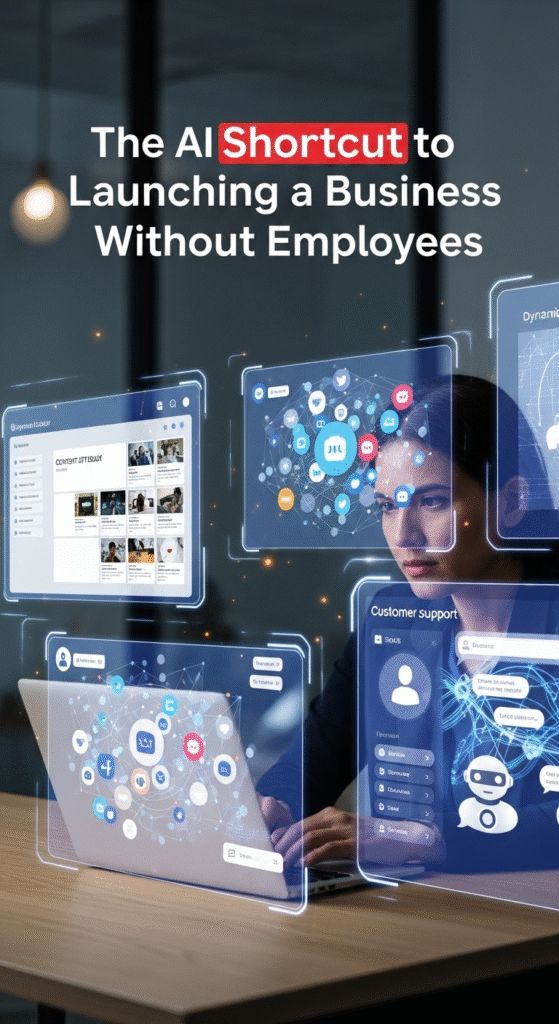You’ve never met them, but they know everything about you—your shopping habits, health worries, travel plans, even your secrets. They’re called data brokers, and they’re selling your life to the highest bidder. Here’s how they do it, why it’s legal, and the one way to shield yourself from their spying.
The Hidden Truth About Data Brokers: How Strangers Are Selling Your Life Online
Imagine a stranger following you everywhere you go. They watch what you buy at the grocery store, the websites you visit, the shows you stream, and even the apps you use late at night. They take notes, build a file, and then sell it to anyone willing to pay.
That stranger exists. In fact, thousands of them do. They’re called data brokers, and their business is selling you.
Who Are Data Brokers?
Data brokers are companies whose entire business model is collecting, packaging, and selling personal data.
- Acxiom, Experian, Epsilon—these aren’t shady hackers. They’re billion-dollar corporations operating legally.
- They gather information from apps, websites, loyalty programs, public records, and even your internet traffic.
- Then, they sell it to advertisers, political campaigns, insurers, employers, and even other brokers.
And the scary part? You’ve probably never heard of them.
What Do They Know About You?
More than you think. A typical data broker profile can include:
- Full name, address, phone number, and age.
- Browsing history and search queries.
- Shopping habits (both online and offline).
- Medical concerns (from what you Google or buy).
- Travel history and future plans.
- Political leanings, religion, and interests.
They can even predict things about you—like whether you’re likely to get divorced or default on a loan.
Real-World Consequences
This isn’t just about ads. Data broker files can affect your life in ways you’d never imagine:
- Insurance companies may charge higher rates based on your profile.
- Employers may buy background data on potential hires.
- Scammers can purchase lists of vulnerable targets, like the elderly.
- Hackers often steal or buy data broker lists to commit fraud.
Your digital shadow becomes a product you never agreed to sell.
Why Is This Legal?
Here’s the hidden truth: in many countries, data brokers operate in a legal gray zone.
In the U.S., for example:
- There’s no single law restricting data brokers from collecting your online behavior.
- Companies bury permissions inside “terms of service” agreements nobody reads.
- Selling your data is worth billions—so regulators have been slow to act.
The result? You have very little control over who collects your data or how it’s sold.
Why Deleting Cookies Isn’t Enough
Some people think, “I’ll just delete cookies and clear my history.”
But data brokers don’t rely only on cookies. They use:
- Device fingerprinting (tracking your hardware and software setup).
- IP address logging (your unique online identifier).
- Cross-app tracking (linking your behavior across different platforms).
Even if you wipe your browser, your profile lives on.
The One Tool That Breaks Their Chain
This is where a VPN (Virtual Private Network) becomes your best defense.
With a VPN:
- Your IP address is hidden, cutting off one of the main ways brokers track you.
- Your traffic is encrypted, so ISPs and trackers can’t log what you do online.
- You can mask your location, making your digital footprint harder to link to your real identity.
A VPN doesn’t erase data brokers’ files overnight—but it starves them of fresh information. Without constant updates, their profiles grow stale and less valuable.
Everyday Scenarios Where VPN Helps
- Searching for medical symptoms without having it tied to your identity.
- Shopping online without feeding brokers data about your spending.
- Traveling without broadcasting your location to advertisers.
- Streaming without being tracked across services.
Every time you connect with a VPN, you take control back from companies that profit from your life.
Final Word
Data brokers thrive in the shadows. They rely on you not knowing who they are or what they do. But now you know the truth: strangers are buying and selling your life, piece by piece.
The good news? You’re not powerless. With a VPN, you slam one of their biggest doors shut.
Because your data should belong to you—not to the highest bidder.
🔒 Ready to protect your online life?
We recommend NordVPN — fast, no-logs, and beginner-friendly.
👉 Try it risk-free with a 30-day money-back guarantee.









